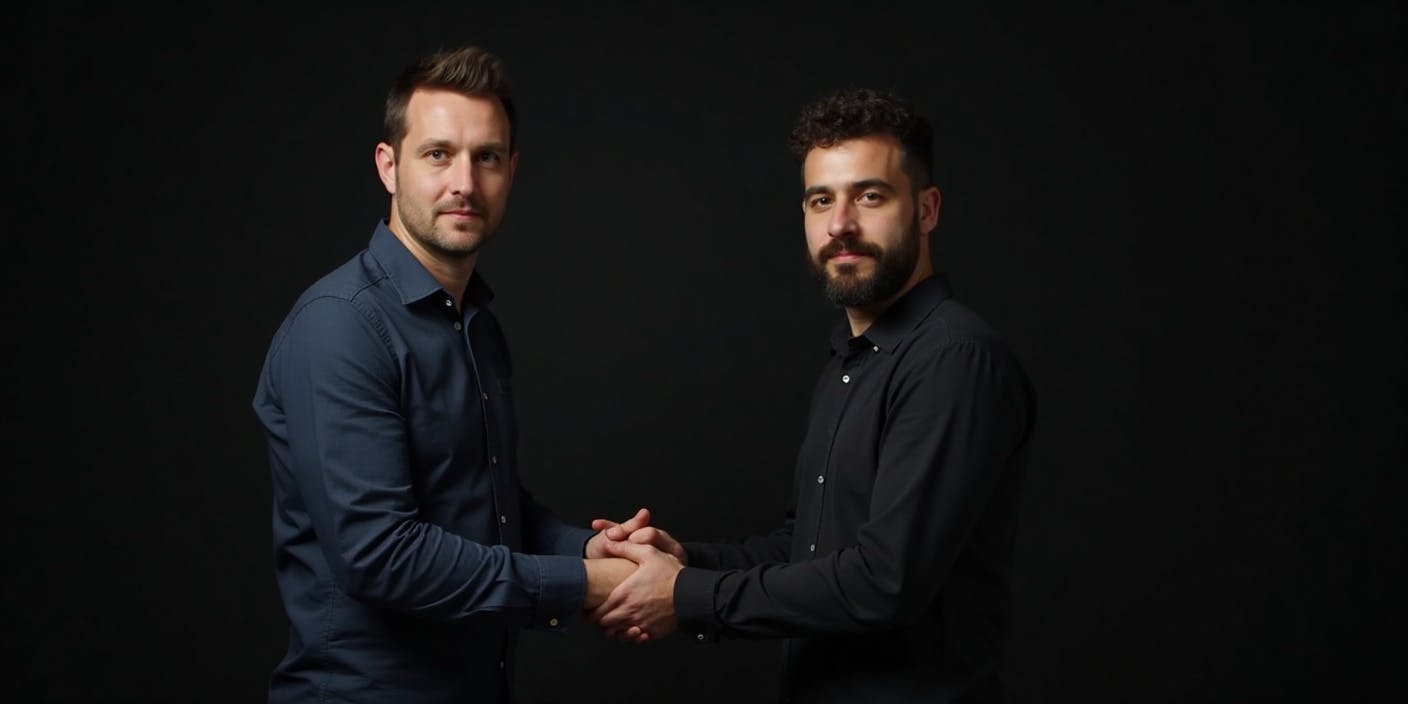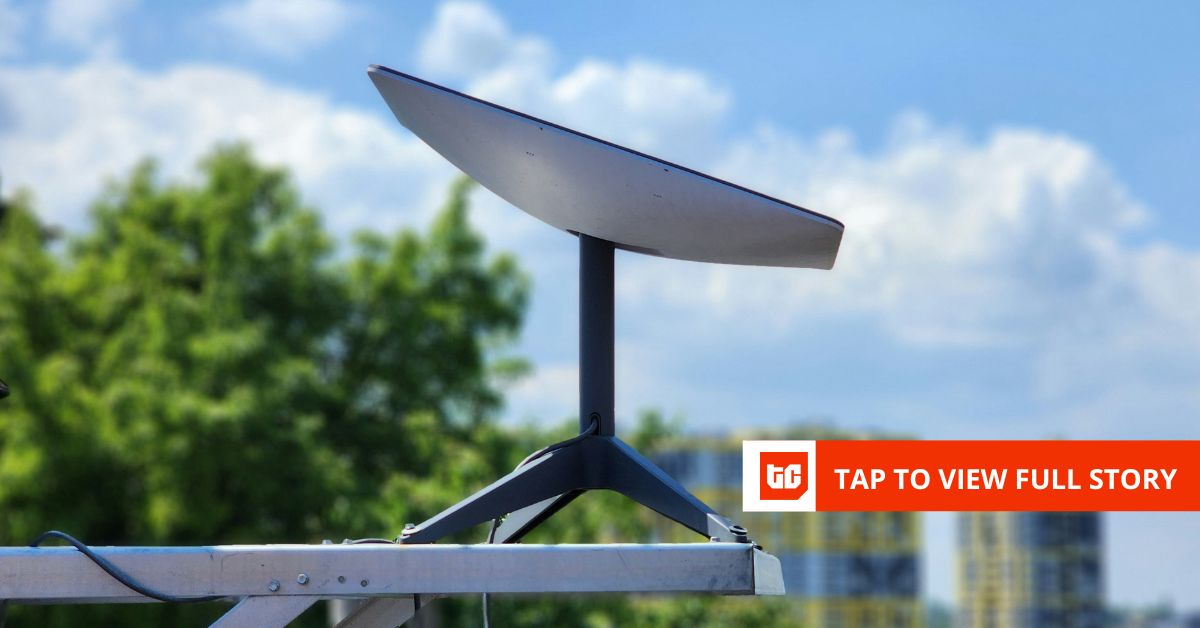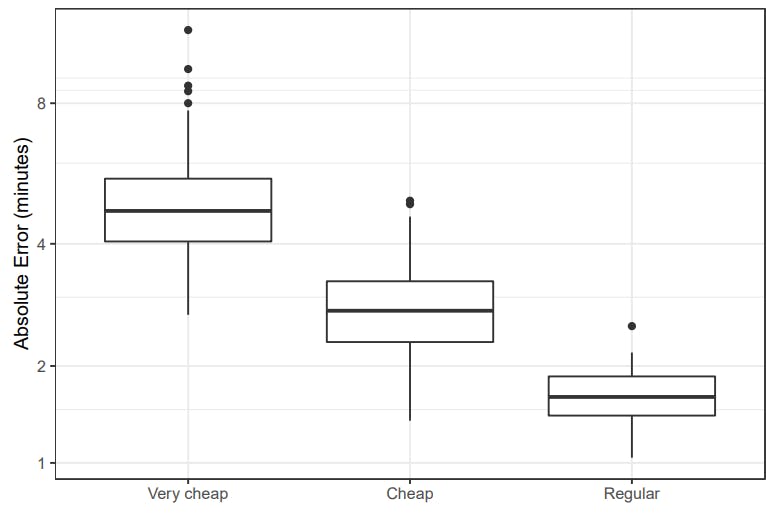They were two friends.
Met at a startup event. Built fast. Raised faster.
She was the tech brain. He handled growth.
Together, they pitched, built, hustled, and sacrificed.
Today, they don’t speak.
The board had to mediate. Legal notices were exchanged. The company didn’t survive.
What killed the startup wasn’t market fit, competition, or burn.
It was the absence of a founder agreement.
Most Startups Don’t Explode.
They slowly come undone – from the inside out.
In my role as a Fractional CFO, I’ve worked with over 250 founders – some on their way to $10M+ raises, others picking up the pieces after a painful fallout.
And the same pattern keeps emerging:
Founders avoid structure when they’re optimistic.
They need it most when things get complicated.
A founder agreement isn’t about mistrust.
It’s about protecting the business when emotions take over the decision-making.
Let me show you what that looks like.
🧨 When Things Go Well – The Greed Kicks In
The product hits PMF.
A big VC term sheet lands.
Revenue jumps. Your startup is on the map.
And suddenly:
- One founder says, “I’m doing more, I want more equity.”
- The other says, “We agreed 50-50. This isn’t fair.”
- Someone suggests making a hire that threatens the other’s role.
- There’s a $10M cap table — and no clarity on control.
I worked with a startup where the company scaled 5x in a year.
But the founders didn’t have clarity on decision rights.
No board structure. No CEO/COO distinction. No tie-breaker clause.
By the time Series A came around, investors backed out — they could see the tension.
Growth doesn’t heal misalignment. Itamplifies it.
When Things Go Bad – And the Blame Starts
Traction slows.
You’ve cut salaries.
One founder is still grinding 14-hour days. The other is… not.
Now, it gets personal.
- “You’re not committed anymore.”
- “I’ve sacrificed more than you.”
- “You want to keep your equity but not show up.”
I’ve seen it unfold in tearful calls, backchannel chats, and boardroom breakdowns.
The founder who once said, “We’ll always figure it out,” is now calling their lawyer.
No agreement = no ground to stand on.
You can’t claw back equity.
You can’t reassign decision rights.
You can’t remove a non-performing co-founder.
And what’s worse – the team sees the cracks. Morale drops. Investors walk. Customers notice.
All becausetwo people didn’t put their expectations on paper.
The Silent Killers: What Founders Never Talk About
Here’s what most founder duos never discuss – until it’s too late:
- Who’s really the CEO?
- What happens if one person wants to leave?
- Can either of us start something else on the side?
- Do we have to agree on every decision?
- What if one of us burns out?
These aren’t legal questions.
They’re human questions.
And when you avoid them, you create unspoken expectations.
That’s where resentment breeds.
I once worked with a company where both co-founders silently assumed they were the final decision makers.
For 18 months, they worked in parallel.
Then they collided – hard.
The board had to intervene. One walked away. The other never recovered morale.
Founders don’t fall out over percentages. They fall out over perception.
“But We’re Friends. We Trust Each Other.”
Every founder who’s ever told me that has meant it.
And every one of them was blindsided when the relationship shifted.
It wasn’t betrayal. It was a drift.
Life changed.
Pressure built.
Perspectives diverged.
And because nothing was written down, everything became a debate.
A founder agreement is not for when things go right.
It’s your seatbelt when things crash.. and they always crash somewhere.
What It Feels Like When There’s No Agreement
- You’re negotiating roles in the middle of product delivery.
- You’re talking equity splits while negotiating with investors.
- You’re making hiring decisions under emotional pressure.
- You’re Googling “how to remove a co-founder” at 2 AM.
- You’re whispering frustrations to your advisor instead of speaking openly to your partner.
This is not how strong companies are built.
You Don’t Need Legal Protection.
You Need Emotional Insurance.
You need something that says:
- Here’s who we are.
- Here’s how we operate.
- Here’s what we’ve agreed – in clear, calm, unemotional language.
- And here’s what happens if one of us leaves, breaks trust, or simply changes paths.
You don’t write a founder agreement because you think something will go wrong.
You write it because if something does, the business deserves to survive it.
Final Thought: The Agreement Is Not For You. It’s For the Company.
If your vision is worth building, it’s worth protecting.
If your relationship is strong, it can survive hard conversations.
If your company is growing, it needs more than chemistry – it needs clarity.
Don’t wait for friction.
Don’t wait for funding.
Don’t wait for resentment to show up.
Write it. Sign it. Move forward with freedom.
Because the founder agreement doesn’t kill momentum —
It’s what allows your company to scale without falling apart.
💼 About the Author
Kishore Dasaka is a Chartered Accountant and Fractional CFO who has worked with over 250 founders across India, Southeast Asia, the UK, and the US. He helps startups navigate governance, financial systems, and fundraises — before chaos costs them equity, trust, or control.
Learn more at https://kishoredasaka.com











